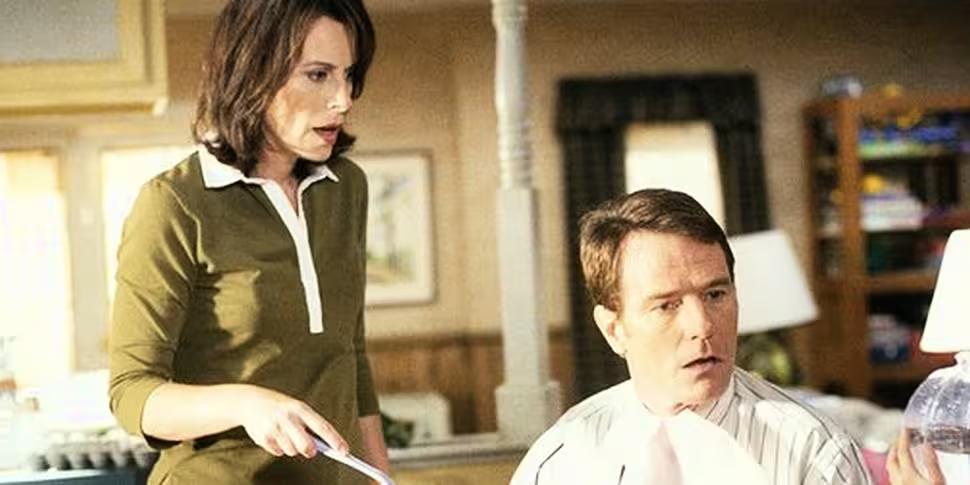It’s a classic model of parenting that’s become the norm for millions of people who were raised in two-parent homes, with one parent taking the lead in the disciplinary proceedings, and the other swooping in with the rewards. But when it comes to ‘good cop/bad cop’ parenting, could their child’s health be at stake?
That could well be the case, according to a new study coming out of Iowa State University, which has followed the children of 451 two-parent families since 1989. Over two visits, the researchers asked both parents, child subjects, and any similarly-aged sibling to fill in questionnaires, and to answer questions on camera to figure out which parent was more likely to play good or bad cop.
Following the kids from the ages 12 through to 20, the subjects were then assessed on a number of factors related to their health, including a self-diagnosis of their own physical state and a BMI reading, with the results showing that growing up under stricter parents could easily be linked to health problems later in life.
Such an environment, posits the lead researcher Thomas Schofield, is stressful, and chronic stress leads to a number of physical problems, well documented across a host of medical literature. But what is surprising about this study, is the unclear reasons why having a parent play good cop can actually make the situation worse.
One theory is that the dual parenting styles foster an incomprehensible level of inconsistency for the child, which merely adds to their stress levels.
“It’s not actually that surprising when you think about all the literature out there saying that what humans hate more than anything else, what causes us more stress than anything else, is uncertainty,” Schofield says. “People are just really, really prone to struggle when the environment is unpredictable. You shock a rat, and it’ll do better if you shock it every minute than if you shock it some minutes and not others, even if it’s getting more shocks. People are like that, too.”
Another theory is that when a child observes such a strong contrast between parents, that child could perceive the good cop parent, despite being emotionally supportive, as actually failing to support him or her in some ways.
“If I was really harsh and my wife was really warm to the child, but she wasn’t doing anything about me being harsh, what kind of family dynamic is it that we’re looking at?” Schofield told Science of Us.
“Normally a warm, supportive parent would be working with their spouse so the spouse is not mean and harsh. So we realised maybe what we’re seeing is the tip of the iceberg, and what’s underneath is a dysfunctional family dynamic.”
Schofield’s work doesn’t necessarily recommend that stricter parents, the so-called bad cops, need to force themselves to act more like their good cop peers, rather that parents with different styles need to come up with a middle ground. It is by creating a consistently supportive environment that cops good and bad can stick to the roles that suit them better while still providing a stable home for their kids.
“In this paper we were saying, ‘Look, if you feel more comfortable being the disciplinarian, and your partner feels more comfortable being the supportive, nurturing one, you can’t put all the responsibility on your co-parent for making sure your child feels safe, stable, and secure,” Schofield says.
“Division of labour is great in lots of ways, but not in terms of making emotional climates in a house.”









